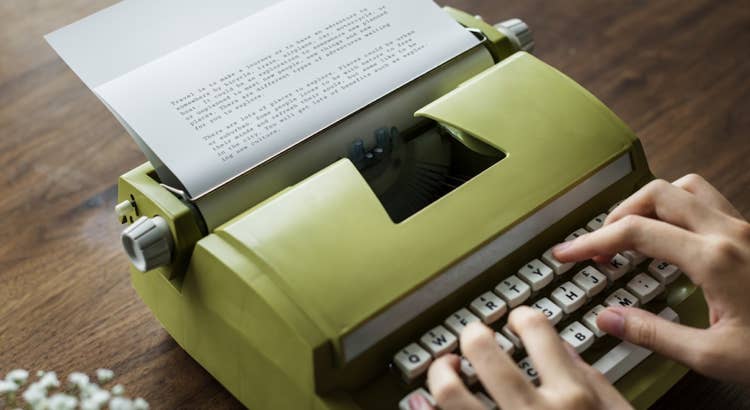The True Role of Typing Speed in Transcriptionist Performance
Transcriptionists play a key role in converting recorded audio into written text. While good typing speed helps, many factors determine success in this field. In this guide, you will learn:- Why ultra-fast typing isn’t the only important skill
- How content, audio quality, and experience shape a transcriptionist’s work
- Practical strategies to improve your transcription abilities
Does Typing Speed Make the Transcriptionist?
Typing speed, measured in words per minute (WPM), is often seen as a must-have skill for transcriptionists. Most professionals type between 40–60 WPM. Some highly experienced court reporters and real-time transcribers can exceed 100 WPM. Still, these numbers don’t tell the full story:- Typing quickly helps meet tight deadlines
- However, accuracy and the ability to process complex audio are just as important
Audio Content Challenges: Subject and Number of Speakers
Not all audio files are created equal. A transcriptionist working on clear, single-speaker recordings will typically finish faster than one tackling:- Focus group discussions or multi-speaker meetings
- Conversations with overlapping speech
- Recordings where it’s hard to tell who is talking
Understanding Accents: Not Always Easy
Of the estimated 540 million English speakers worldwide, roughly 170 million are non-native (Ethnologue, 2023). Many speak with distinct accents, even at high proficiency. Dealing with various accents means transcriptionists must:- Train their ears to recognize speech patterns
- Learn common regional pronunciations
- Remain patient when replaying unclear passages
Audio Quality: A Critical Factor
Even top transcriptionists struggle to produce fast, accurate transcripts from poor-quality audio. Common issues include:- Background noise in outdoor interviews
- Echoes in large or empty rooms
- Low-quality phone recordings
The Benefits of Experience in Transcription
Experience is one of the biggest advantages for transcriptionists. With years on the job, professionals learn to:- Recognize different speakers and their unique styles
- Predict complex phrasing
- Quickly find the right words based on context
Tips to Improve Typing Speed and Transcription Efficiency
Becoming a faster, more efficient transcriptionist isn’t just about typing faster. Here are practical strategies to help you:- Use a fast computer with plenty of memory
- Practice transcription regularly and watch typing tutorials
- Leverage transcription software for playback control (pause, skip, speed up, slow down)
- Consider a foot pedal for hands-free audio control
- Ensure you record or receive clear audio files when possible
- Minimize distractions—keep your phone and social media off while working
- Work with familiar topics to reduce research time
- Keep notes and lists of common terms at your desk
- Strengthen your quick research skills for unknown words or terms
- Use software features like Autotext and Autocomplete
- Adopt text expanders to type common phrases rapidly
- Adjust audio playback speed to suit your workflow
- Create and save templates for frequently used transcript formats
Explore our resources for AI transcription subscriptions if you want to streamline your workflow further.
Quality Comes First in Transcription
Although typing speed is valuable, it is only one part of a successful transcriptionist’s toolkit. Success in this field needs:- Firm listening and comprehension skills
- Attention to detail
- Experience with diverse subjects, accents, and audio qualities
How GoTranscript Can Help
GoTranscript offers a full range of solutions to meet every transcription need. Our team delivers:- Fast and accurate transcription services
- Closed captioning and subtitling services
- Proofreading for transcripts
- Expert text translation and audio translation



















 Verified Order
Verified Order